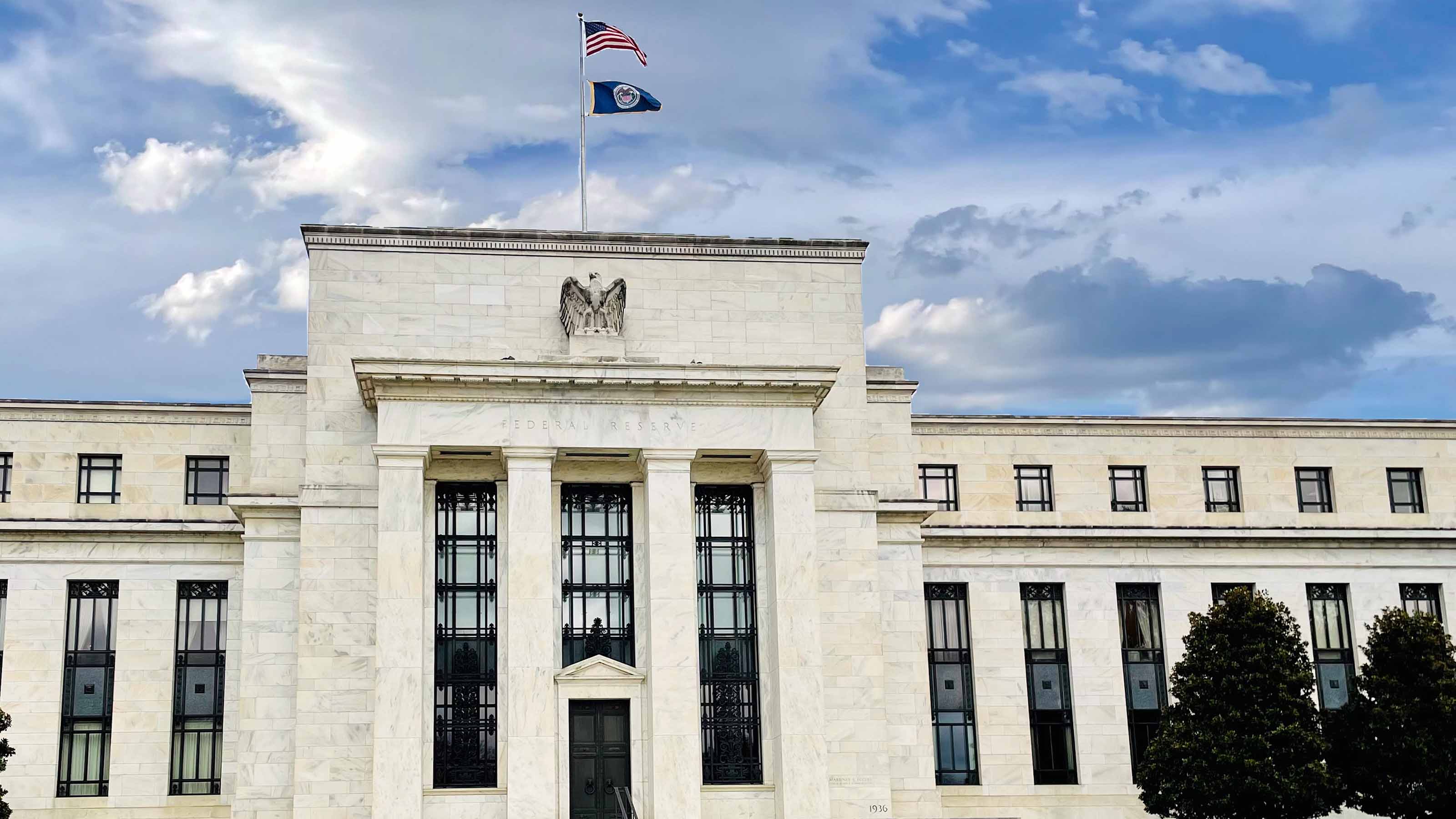
Many consumers use online banking to pay bills or send money, but there's often a delay in accessing the funds. A new service from the Federal Reserve aims to fix that issue. To help you understand what is going on and what we expect to happen in the future, our highly-experienced Kiplinger Letter team will keep you abreast of the latest developments and forecasts (Get a free issue of The Kiplinger Letter or subscribe). You'll get all the latest news first by subscribing, but we will publish many (but not all) of the forecasts a few days afterward online. Here’s the latest...
The Federal Reserve is launching a real-time payments system, FedNow, which will allow people and companies to make payments in the U.S. banking system around the clock. While apps and payments companies allow people to send money at any time, most transfers still use a system that runs only during business hours. Some transactions may take days to settle.
FedNow will make bill payments, paychecks and other common consumer and business transfers available instantly. But it will likely take years for FedNow to take off. The system will launch in late July, but the case of private real-time payments network RTP, which struggled to gain traction with smaller banks and credit unions, shows how slow change can be in the payments industry. The Fed says 57 firms will be ready for FedNow at launch.
FedNow will compete for retail payments with Visa and Mastercard, the current juggernauts in person-to-business payments. To succeed, the new system will need to win widespread consumer and business adoption. One big advantage it’ll offer is much lower transaction costs. But other features, like ease of use, global acceptance, dispute resolution and enhanced security, are going to be key.
This forecast first appeared in The Kiplinger Letter, which has been running since 1923 and is a collection of concise weekly forecasts on business and economic trends, as well as what to expect from Washington, to help you understand what’s coming up to make the most of your investments and your money. Subscribe to The Kiplinger Letter.







